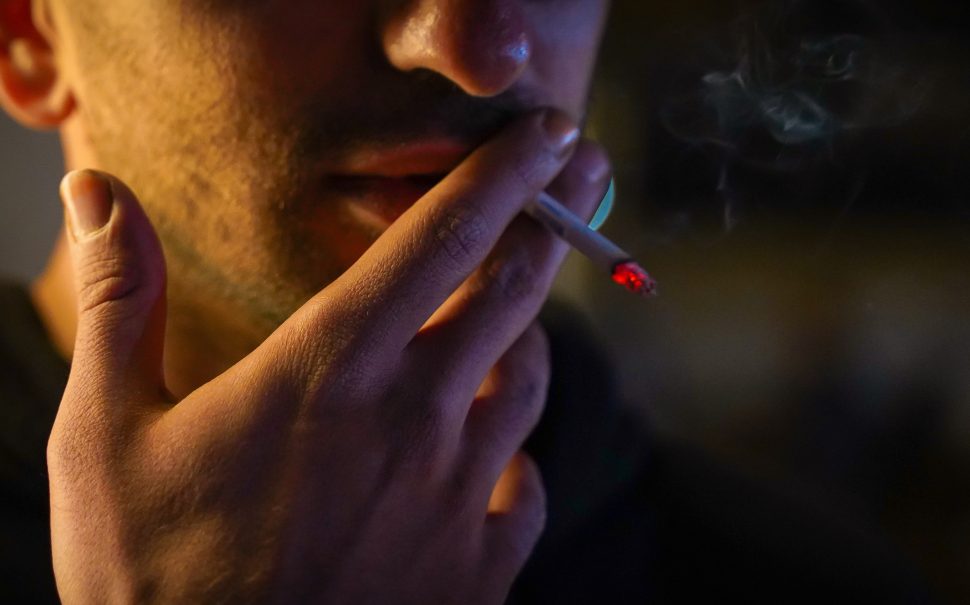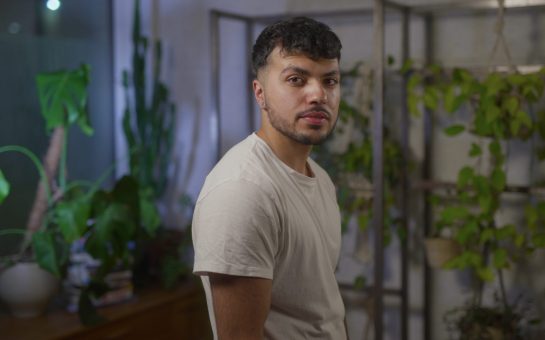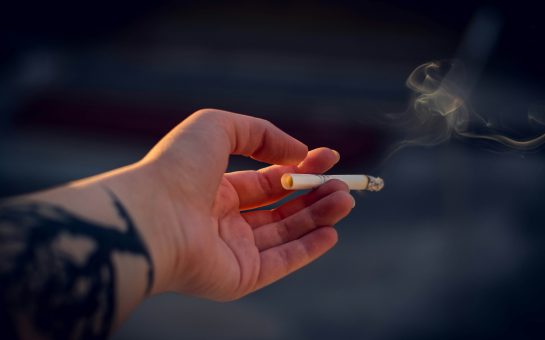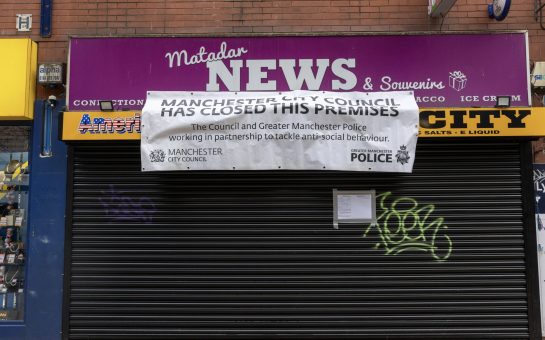Illegal vapes containing packaging and flavouring “specifically to appeal to children and young people” have been confiscated by Greater Manchester Police.
The vapes, seized in shops located in Stockport and Burnage, all had more than the legal limit of liquid in the product. Some also had incorrect information displaying the adequate health warnings.
The police worked with the local authority’s trading standards office to take more than £80,000 worth of illegal vapes from three different premises in Stockport last Thursday.
They also seized 942 vapes from iBlaze Vape in Burnage, with a retail value of £16,500.
The UK legal limit on nicotine in disposable e-cigarettes is no more than 2% and must not exceed 2ml in capacity. In the average vape product, this is equivalent to 600 ‘puffs’.
Sergeant Stuart Farrell, of the GMP’s COM South Neighbourhood Team, said: “There has been a rapid rise of vaping among children and young people, including the use of cheaper illicit and unregulated vape which is extremely concerning.
“The health implications they have on young people can be significant, and the rise of single-use vapes is causing environmental issues across the country.”
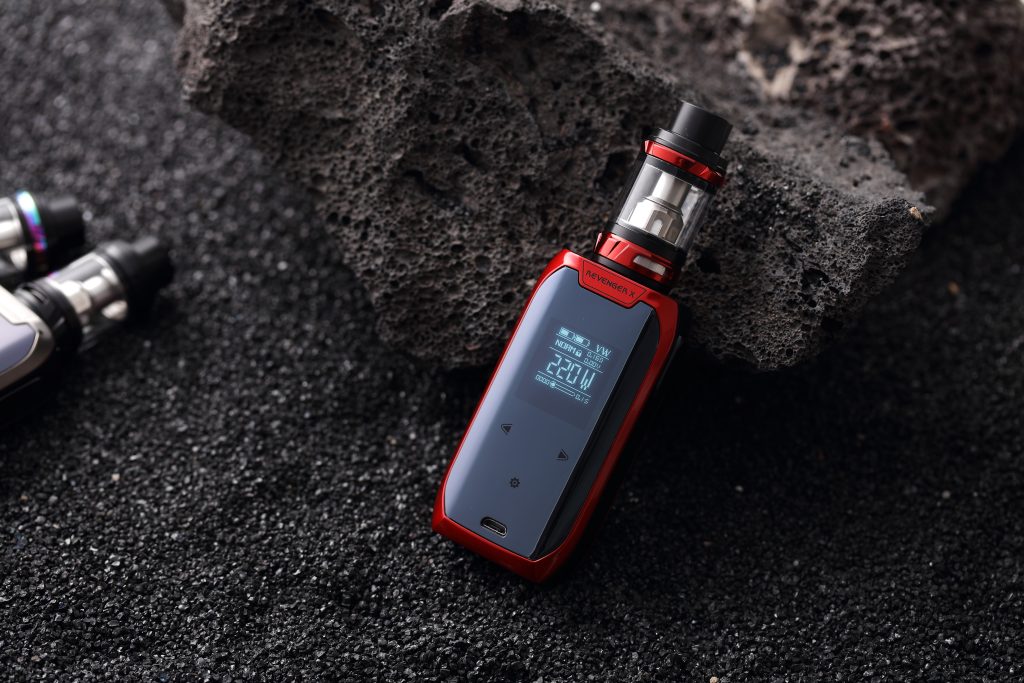
The news comes as the World Health Organization released two new publications related to tobacco and nicotine in schools.
The agency said: “The tobacco industry relentlessly targets young people with tobacco and nicotine products resulting in e-cigarette use increasing and 9 out of 10 smokers starting before the age of 18.
“Products have also been made more affordable for young people through the sale of single-use cigarettes and e-cigarettes, which typically lack health warnings.”
The guide the WHO released highlights four ways that a nicotine- and tobacco-free environment can be created for young people. They recommended the following for schools:
- Banning nicotine and tobacco products on school campuses
- Prohibiting the sale of nicotine and tobacco products near school
- Banning direct and indirect ads and promotion of nicotine and tobacco products near schools
- Refusing sponsorship or engagement with tobacco and nicotine industries.
In light of this debate around nicotine products, Prime Minister Rishi Sunak is supposedly considering introducing some stringent anti-smoking measures.
The supposed change would see the legal smoking age gradually increase year upon year, ultimately preventing the sales to people born after a certain year.
Similar measures were brought in by the New Zealand government last year, attempting to phase out smoking for the next generation.
YouGov surveyed 2,234 adults in the UK on the issue, who were asked, “Would you support or oppose raising the legal smoking age by one year each year, effectively making it so that smoking is illegal for those born on 1 January 2009 or later?”
71% said they would support such a law, whilst only 17% would oppose it.
The government are reportedly considering a New Zealand-style smoking ban, which would see the legal smoking age rise every year to effectively make it illegal for anyone born on/after 1 Jan 2009 to smoke
— YouGov (@YouGov) September 25, 2023
71% of Brits would support this, only 17% opposehttps://t.co/bE7A5hZnu4 pic.twitter.com/DKgkKHLDMu
When broken down by age, the 18-24 bracket support the measures the least of all the age divisions, perhaps because fellow members of ‘Generation Z’ may be affected the change.
That being said, the figure remains high at 66% who would support this law. 72% of the 25-49 year olds polled would also back a New Zealand-type measure, which decreases slightly to 68% for the 50-64 age group.
Three quarters of those over the age of 64 would be in favour of the plan.
This issue may be one addressed at the Conservative Party Conference in Manchester, which commences this Sunday.
It has the potential to cause conflict within the party, between those who fear the worst for children’s health and those Conservatives who argue against the ‘nanny state’.
